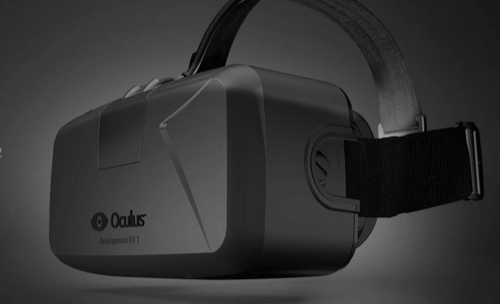Facebook is going virtual in about the biggest way possible. The social network will acquire virtual reality-hardware maker Oculus, creator of the acclaimed Oculus Rift headset, for roughly $2 billion. The deal apparently represents Mark Zuckerberg’s gamble on a technology he believes may one day supplant today’s mobile devices.

Last month, Facebook threw down a whopping $19 billion to acquire international mobile messaging service WhatsApp. The social behemoth obviously isn’t shy about big acquisitions, especially defensive ones to neutralize fast-growing threats.
See also: How The Oculus Rift Can Help NASA Find Life On Other Planets
For better or worse, the future of virtual reality itself and that of the world’s biggest social network are now surprisingly, inextricably entwined. According to Zuckerberg, virtual reality really is what’s next—we just didn’t realize how closely he was paying attention.
“Mobile is the platform of today, and now we’re also getting ready for the platforms of tomorrow,” Zuckerberg said. “Oculus has the chance to create the most social platform ever, and change the way we work, play and communicate.”
What Oculus Hath Wrought
The Oculus Rift, which has garnered nearly universally ecstatic early reviews based on demonstrations (like, for instance, this one), isn’t yet for sale in a consumer release. Oculus hasn’t announced when it might release the headset to the general public nor what it might cost, although last week it opened pre-orders for version two of the Oculus developer’s kit at $350 a pop.
See also: The New Oculus Rift Developers Kit Is Now Open For Pre-Orders
Still, Facebook’s decision to pounce on Oculus remains puzzling, to put it lightly. Put less lightly, for Oculus and VR enthusiasts, the feeling falls somewhere between unsettling and downright heartbreaking.
Such as, for instance, the indie gaming deity and Minecraft founder known as Notch:
For Oculus, the move could be a quick exit from the threat of Sony, which announced its own polished Oculus Rift competitor for the PlayStation 4 last week. For Facebook, imagining a near-future in which instead of idling “liking” one another’s virtual minutiae, we’re actually fully, virtually present—360 degrees of present—well, that’s something we’ll have to wrap our heads around.

















